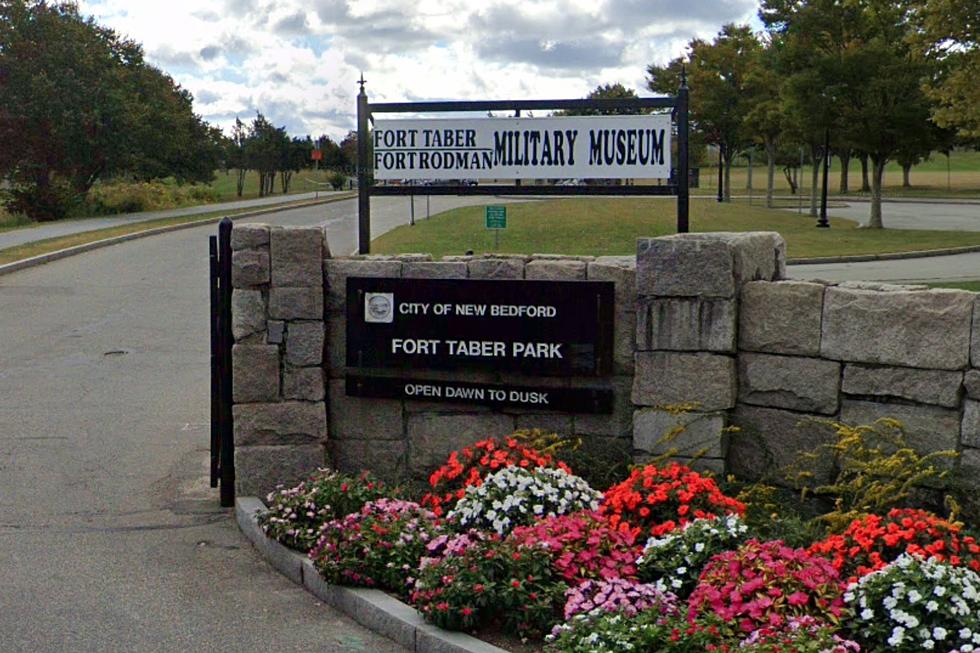![No Police, No Peace for New Bedford [PHIL-OSOPHY]](https://townsquare.media/site/518/files/2017/01/new-bedford-police.jpg?w=980&q=75)
No Police, No Peace for New Bedford [PHIL-OSOPHY]
It's a basic truth, that a lawful society is not possible without law enforcement.
Ask your grandmother if she feels safe and secure walking home at night through her neighborhood, where she's lived most of her life and where she brought up your mom or dad. Does she have any old Kodak photos of what the area looked like in the '50s and '60s? Then take the conversation a little deeper, and ask her what's changed the most over the years? It might be a good idea to video her chat for posterity.
If you can slip it in, tell her you'd like to know, aside from the gentrification of the neighborhood, what's different about the people who live around her, and has this change been for the better or for the worse? Her story will give you a simple, transparent explanation of how American communities have evolved. Keep the video going, but for the sake of this piece, let's fast forward to 2021.
There is talk and commotion on the radio about a report suggesting New Bedford Police stopping, frisking and questioning Black people at a significantly higher rate than white people. Doesn't it seem that we interface about the police when there's a police-involved shooting or an unfavorable story about their actions?
Some in the community have made the police out to be their enemy. They've had bad interactions with the police in the past and most people of color say nothing has changed to make them feel differently.
We've all come a long way in this nation since those days in the 1960s when I was growing up in the bigoted deep South, but we haven't come far enough, and there's still lots of work to do. Inner cities back then didn't have today's gang instigated genocide over drug territory that's monopolized our neighborhoods. Interestingly, not one of my listeners volunteered to get involved in a solution-focused gang intervention group. That's the cops' job, they say.
Ignoring the upsetting moral inconsistency in that sentiment, I have to remind them that when you make enemies with the police, then you have to make friends with the criminals.
Phil Paleologos is the host of The Phil Paleologos Show on 1420 WBSM New Bedford. He can be heard weekdays from 6 a.m. to 10 a.m. Contact him at phil@wbsm.com and follow him on Twitter @PhilPaleologos. The opinions expressed in this commentary are solely those of the author.
LOOK: 50 essential civil rights speeches
More From WBSM-AM/AM 1420









